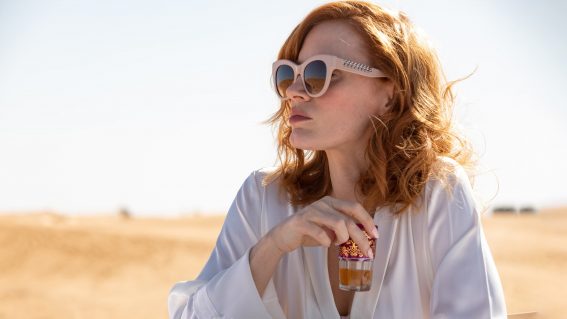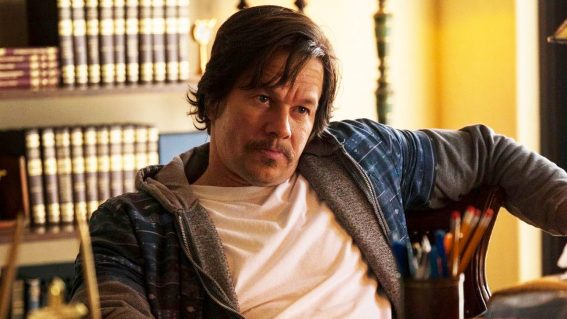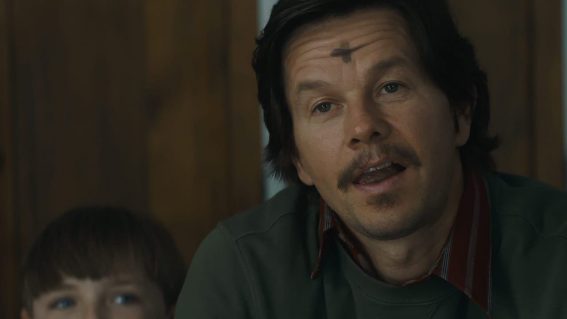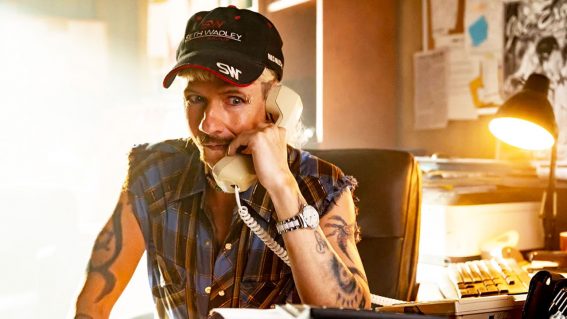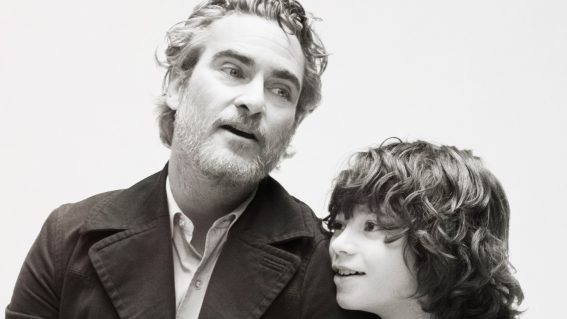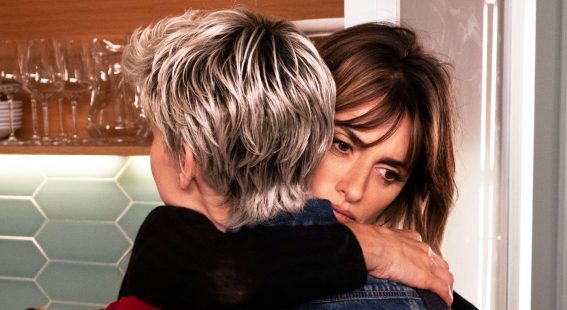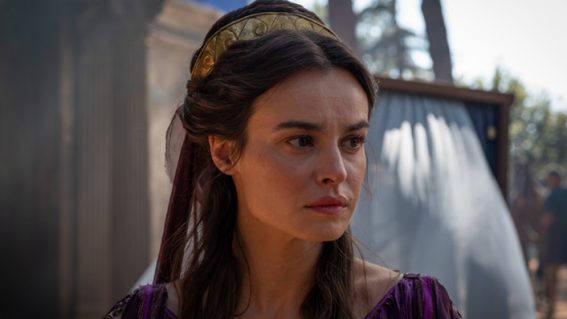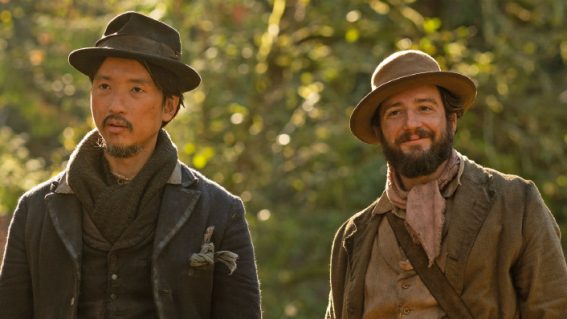In her directorial debut Land, Robin Wright goes off the grid and into heavy-handed cliché
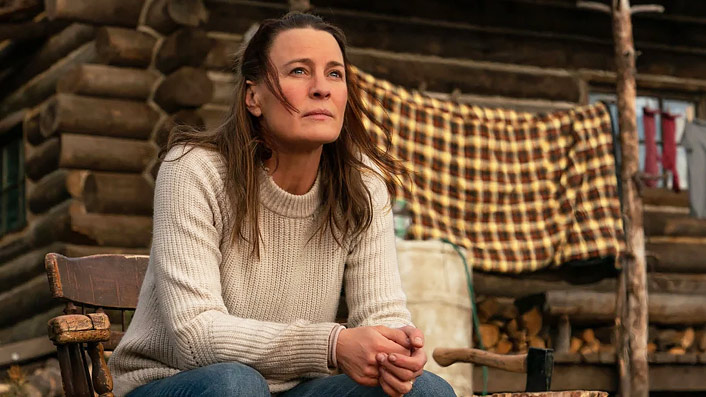
Robin Wright ditches city life and heads for the sticks in Land—a film that’s subtle in some ways but very heavy-handed in others, writes critic Luke Buckmaster.
Land taps into an evergreen human desire: to upend one’s life and start afresh—in this instance extinguishing the pressures of modern living by inhaling a big gulp of country fresh air. At least that’s the theory. Turns out Mother Nature doesn’t make off-the-grid existence easy for city slickers with more experience operating bluetooth music headbands than carrying firewood. Who would’ve thought?
See also:
* Movies now playing in cinemas
* All new streaming movies & series
The film is the directorial debut of Robin Wright, starring herself as Edee, a grief-stricken protagonist who hits the road to—in Hallmark parlance—learn to live again. Such spiritual journeys are core to this sort of film, which critics sometimes call “well intentioned”—without grasping that filmmakers like “well intentioned” the same way a star athlete likes being given the coach’s award. In other words they see this unwanted quasi-accolade for what it is: polite acknowledgement of the unexceptional.
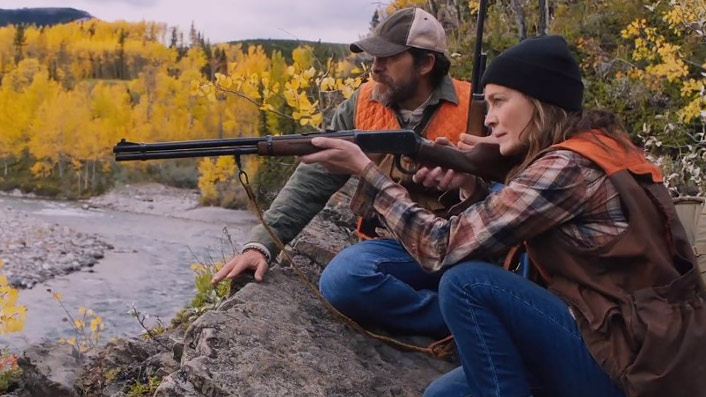
Land is far from terrible (more politeness) but contains a frustrating tension between lightness of touch and explicit heavy-handedness. Visually the cinematographer Bobby Bukowski doesn’t milk his settings for natural splendor: they are naturally splendorous, he and Wright understanding the hard work has been done for them. There are nice, quiet stretches, when Edee adjusts or attempts to adjust to her rustic lifestyle, during which the very dramatic essence of the picture seems to slow down, take a breather, chill out on the grass.
Wright however trusts herself to be subtle as an actor (her performance is affecting and memorable in a quiet kind of way) but not as a storyteller. Nor does she trust the viewer’s ability to discern the obvious.
Take for instance Edee’s inevitable realisation that getting by without the accoutrements of modern living—not even any running water—isn’t what she hoped it would be, which is depicted through scenarios illustrating various challenges while emphasising her solitude. A curious bear comes inside and tramples across her stuff, for instance, its arrival causing her to cower in the outhouse. We also observe Edee staring outside into the rain looking miserable, hallucinating the image of a man important to her—a moment of wistfulness in the key of “hello, is it me you’re looking for?” .
All this communicates that the protagonist isn’t having a good time. We get it. Why, then, do we need to hear her—while standing in a defiant position in her cabin, looking outside angrily, as if giving nature itself the stink eye—yelling out “this isn’t working!” Why articulate verbally what you have already expressed without words? This is the reason the ‘show don’t tell’ screenwriting dictum has thrived over the years: because moments such as these undercut the principles of visual storytelling and treat the audience like ninnies.
Soon Edee is in an even worse state: lying on the floor in foetal position, looking like a supporting character in a zombie movie who’s been bitten and is starting to turn, marking the opening act nadir from which the character must bounce back. I imagined Wright turning to the camera at this moment, wiping a bloodied hand across her parched and mangled gums, and grumbling “this still isn’t working.” Just to really make sure we got it.
Thankfully Land finds some subtlety in the arrival of the helpful Miguel (Demian Bichir) in the sense that we are initially unsure what role he will play: whether he will be a love interest, or just a friend, or if he will even remain in the story going forward. But at the same time it’s clear Miguel is an information-extractor, prying open reflections about Edee’s past, motivations, worldview etcetera. Coupled with an instructional aspect that has him teaching her how to hunt and start a fire, Miguel starts to smell dangerously like the sage Wise One of the mountains, descending from on high to impart a few life lessons before returning to the clouds.
Like in Castaway and various other films that title drop the word “wild” (Into the Wild, The Call of the Wild, Wild…) the appeal for the audience, as well as the characters, is to be taken somewhere pleasant, somewhere outside, somewhere else, away from the daily grind of city life. Early in the pandemic, before restrictions were placed on how far one could travel, I absconded with my wife to a cottage in Woop-Woop for a couple of weeks, and there, in hindsight, practiced this ideal as well as embracing the Shaun of the Dead approach to crisis management: “let’s have a nice cold pint and wait for all this to blow over!”
But the problems we left were waiting for us upon our return, of course, just as Edee isn’t able to simply leave her issues behind. Life doesn’t work like that. To quote a line from the excellent Cloudy With a Chance of Meatballs: “you can’t run away from your own feet.” The fact that we are all stuck inside ourselves represents endless terrain for storytellers to explore, and is a message Land communicates quite well. The film isn’t great but at least it’s…erm…well intentioned.


